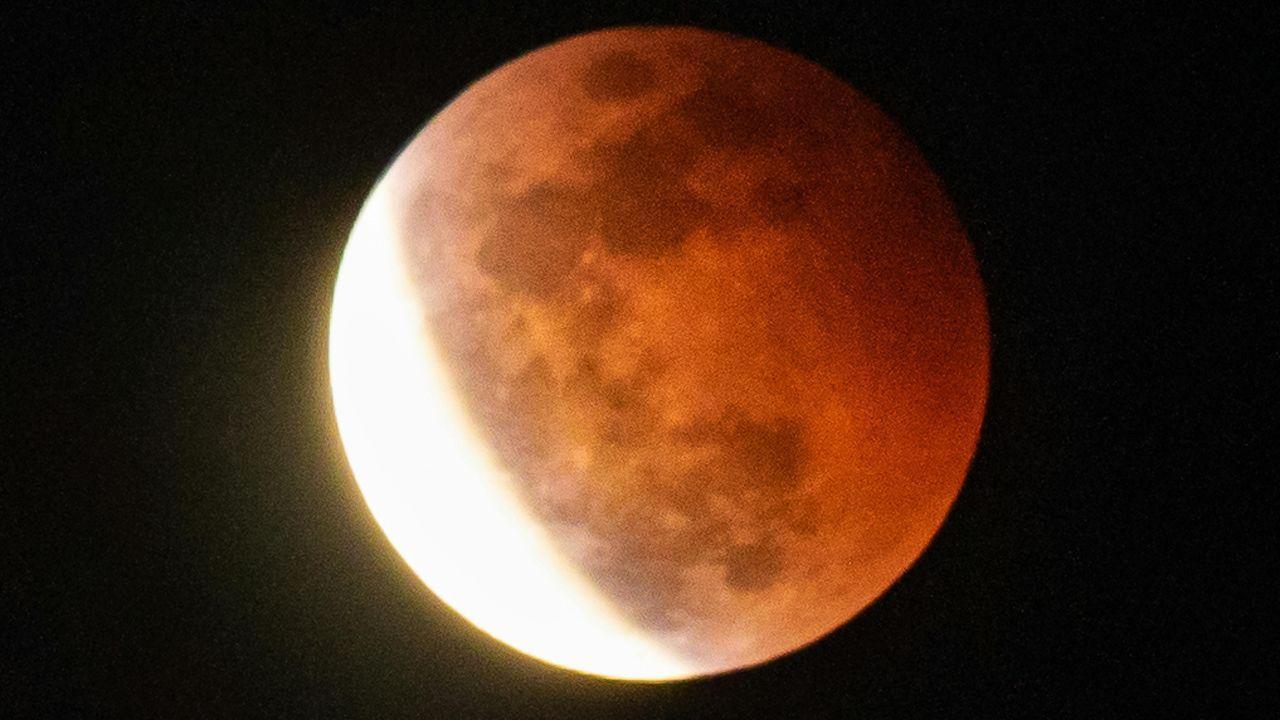You have not yet added any article to your bookmarks!

Join 10k+ people to get notified about new posts, news and tips.
Do not worry we don't spam!

Post by : Anis Farhan
For decades, the idea of traveling beyond Earth was a dream reserved for astronauts and the ultra-wealthy elite. Images of billionaires floating in weightlessness aboard private spacecrafts often dominated headlines, sparking fascination but also raising questions about inequality in access to space. Fast forward to 2025, and the narrative is shifting. Space tourism is undergoing a transformation, moving beyond its initial reputation as a luxury adventure for the few, toward becoming an experience with broader possibilities. This shift is being driven by advances in technology, new market players, and growing demand from curious travelers who want to experience life beyond Earth’s atmosphere.
What once seemed unattainable is now inching closer to reality for middle-class adventurers and specialized travelers. Instead of being just “joy rides,” these ventures are becoming stepping stones to scientific research, educational experiences, and even long-term infrastructure development in orbit.
The key enabler of this transition is technological advancement. Private space companies such as SpaceX, Blue Origin, and Virgin Galactic have significantly reduced launch costs through reusable rocket technology. While a ticket still costs hundreds of thousands of dollars, prices are gradually declining as competition intensifies and new providers enter the market.
Reusable spacecraft have slashed expenses, making space tourism more commercially viable. Rockets that can land back on Earth and be relaunched for subsequent missions represent a breakthrough similar to the rise of budget airlines in the 20th century. Just as air travel once evolved from a luxury into a global norm, many industry experts believe that space travel is on a similar trajectory.
Additionally, advancements in training programs, safety measures, and spacecraft design are helping broaden the pool of potential passengers. No longer limited to astronauts with years of preparation, space tourists can now undergo shorter, more streamlined programs that prepare them for suborbital and orbital flights.
Until recently, the image of space tourists was almost synonymous with billionaires seeking status-symbol adventures. That narrative is shifting in 2025. A growing segment of travelers includes researchers, educators, students, and even artists who are sponsored by institutions or programs designed to democratize access.
Universities and research organizations are increasingly funding space journeys for scientists to conduct microgravity experiments. Likewise, governments are supporting scholarships for students to participate in short-duration space programs. Such initiatives reflect a conscious effort to ensure that space is not just an exclusive playground but also a field of exploration for innovation and learning.
In parallel, travel enthusiasts who may not be billionaires but are willing to invest in once-in-a-lifetime experiences are now considering space tourism. Much like adventure seekers who climb Mount Everest or explore deep-sea expeditions, space travelers are emerging as a niche group of high-value explorers who inspire global audiences.
One of the most exciting prospects for 2025 is the rise of orbital stays. Companies are actively developing concepts for space hotels, with timelines suggesting that the first commercial modules could be operational within the decade.
These hotels are expected to offer travelers the chance to orbit Earth, witness sunrises and sunsets every 90 minutes, and experience microgravity living. While the initial cost will remain high, the very existence of orbital accommodations signals a major leap from short suborbital trips to extended stays.
Moreover, space hotels may also serve dual purposes: hosting tourists alongside researchers, creating a hybrid environment where science and leisure coexist. This blending of goals—scientific exploration and human enjoyment—will further shape how humanity views its role in space.
Public perception of space tourism is evolving. In its earliest days, it faced criticism for being an indulgence of the rich at a time when pressing global issues—like climate change, poverty, and pandemics—demanded urgent attention. However, as the industry matures, its cultural significance is being reassessed.
Space tourism is no longer viewed merely as a vanity project but as a catalyst for progress. Many believe that investing in commercial space travel will accelerate innovations in science, engineering, and sustainability that will ultimately benefit life on Earth. For example, lightweight spacecraft materials, efficient propulsion systems, and closed-loop life support technologies may find applications in everyday industries ranging from renewable energy to medicine.
The shift also stems from a generational perspective. Younger travelers view space not just as an unattainable frontier but as the next step in human exploration—one that should be open to everyone, not just an elite few.
Despite the optimism, challenges remain. Ticket prices, though dropping, are still prohibitively high for most of the global population. Safety remains a critical issue, as spaceflight inherently carries risks far greater than conventional travel. Public confidence in the industry depends on maintaining impeccable safety standards.
Environmental concerns are another pressing issue. Rocket launches release emissions that can contribute to atmospheric damage. While companies are working to develop greener fuels and more efficient propulsion methods, critics argue that space tourism could worsen environmental challenges if not carefully managed.
Moreover, questions about space governance loom large. As more private players enter the industry, international regulatory frameworks must adapt to ensure safety, fairness, and environmental protection.
Looking ahead, space tourism in 2025 appears to be more than just a playground for billionaires. It is evolving into a stepping stone for humanity’s broader space ambitions. As spacecraft become more accessible, they lay the groundwork for future colonies on the Moon and Mars, interplanetary travel, and perhaps even space-based industries.
In this way, space tourism is not just about joy rides. It represents humanity’s drive to explore, innovate, and expand its horizons. Much like air travel reshaped economies and societies in the last century, space travel has the potential to redefine human civilization in this one.
For now, the dream of boarding a spacecraft may still belong to a fortunate few. But the trajectory suggests that tomorrow, it could belong to many more. And when that happens, humanity’s relationship with the cosmos will fundamentally change—from distant wonder to lived experience.
This article is intended for informational and editorial purposes only. The views expressed are based on industry observations, projections, and general trends in the space tourism sector as of 2025. Readers should not interpret this as financial, investment, or travel advice.










China to Raise Defence Budget by 7% in 2026 Amid Global Tensions
Beijing proposes a 1.91 trillion yuan defence budget for 2026, marking 11th straight year of single-

China Ousts Three Retired Generals from Top Political Advisory Body
CPPCC ousts retired PLA generals ahead of annual Two Sessions as broader anti‑corruption military sh

Japan Jobless Rate Rises to 2.7%
Japan sees first increase in jobless rate in five months as voluntary quits rise and job openings sl

Strong 6.1-Magnitude Earthquake Shakes Indonesia’s Sumatra Island
Tremors felt across region no immediate reports of damage or casualties as authorities monitor seism

Rizwan Sajan Reaffirms Trust in UAE’s Safety and Growth
Danube Group Chairman Rizwan Sajan assures residents and expatriates of safety in UAE, highlighting

India Witnesses Chandra Grahan Blood Moon Visible in Parts of World
Skywatchers observe partial eclipse in India as total ‘Blood Moon’ visible across North America Aust